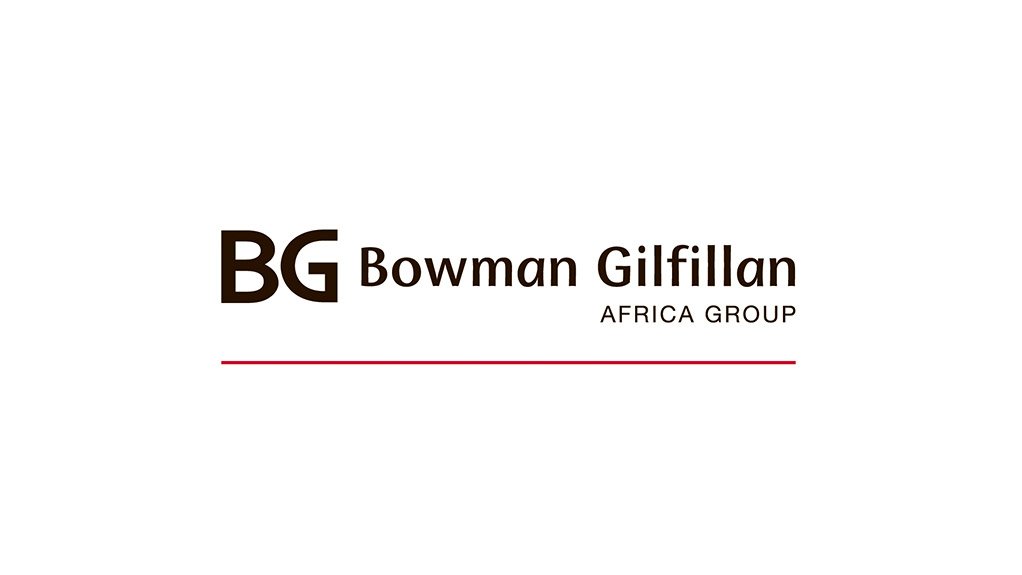The UDZ tax incentive is failing to boost the supply of affordable inner-city housing in Cape Town, says Sean Dayton, corporate lawyer at law firm Bowman Gilfillan Africa Group (BGAG).
The Urban Development Zone (UDZ) tax incentive, which takes the form of an accelerated depreciation allowance, was introduced by the Minister of Finance in 2003 to encourage investment in 16 designated inner cities. In Cape Town, the UDZ covers the CBD, Woodstock, Salt River, certain parts of Observatory, the Voortrekker Road corridor and the Klipfontein Road corridor.
Portside, Cape Town’s tallest building, and 22 Bree Street, home to BGAG, are two recent office developments that have made use of the incentive. However, there appears to be a comparative lack of take-up of the allowance for residential development. Thus far there have been no low-cost housing developments within the Cape Town UDZ that have made use of the incentive, despite the fact that the UDZ incentive offers the greatest allowance to developers of low-cost residential units, says Dayton.
“Although the city centre accounts for around 25% of Cape Town’s turnover, most of the city’s workforce commutes long distances into the CBD each day,” says Dayton. “This spatial mismatch between employment and housing locations is highly inefficient and has substantial economic and social costs.”
“We should be seeing a massive increase in the construction of affordable rental accommodation in lower Woodstock and Salt River. These areas are close to job opportunities, are situated on an established public transit corridor and are characterised by low-density residential dwellings and underutilised industrial spaces – an ideal opportunity for increasing density,” says Dayton. “Increasing the supply of low-cost rental accommodation in these areas will also help combat the displacement of existing low-income residents caused by the ongoing gentrification of these areas.”
“A healthy supply of residential accommodation close to the economic opportunities of the inner city will keep prices affordable, create economies of scale in the use of public transport and utilities, and open up new business opportunities.”
It is for these reasons, says Dayton, that government incentives such as the UDZ allowance need to be reviewed and a holistic policy strategy adopted to increase inner-city housing. “While the UDZ allowance has been praised for its contribution to growth in Cape Town office development in recent years, it is proving to be far less successful at attracting the level of private investment in residential development that this city needs.”
EMAIL THIS ARTICLE SAVE THIS ARTICLE
To subscribe email subscriptions@creamermedia.co.za or click here
To advertise email advertising@creamermedia.co.za or click here











